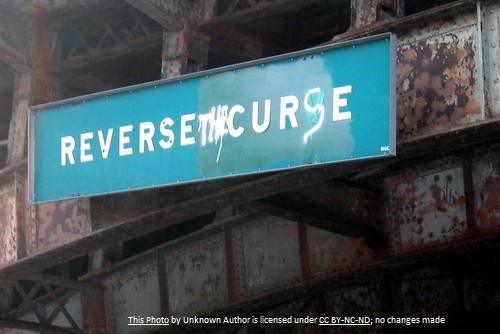By: Barb Glesner Fines, Dean Emerita and Rubey M. Hulen Professor of Law,
UMKC School of Law
One of the reasons that artificial intelligence presents such a dramatic opportunity for the legal profession to increase efficiency and quality is the ability of generative AI to do some of the “dull and dirty”[1] work of law practice. We already use artificial intelligence to do document review, e-discovery, financial auditing, legal research, draft contracts, and more. Increasingly, it will be used to gain even more efficiencies in delivering legal services. We have seen the grossest of errors in using AI without supervision by experts, but problems of hallucinations and clear errors will decline as models improve. Yet, research also indicates that AI can produce these documents better than novices but not as well as experts.[2] Thus, we will still need experts to monitor the use of generative AI to ensure accuracy, fairness, creativity, and other values beyond simple win-loss metrics. We will still need experts to guard against abuses of AI.
The problem for legal education and for the formation of professional identity is that the profound expertise needed to be able to monitor generative AI requires professional judgment and deep mastery. Independent professional judgment and mastery are not acquired by classroom learning alone; they are acquired as an experiential matter through the process of trial and error, coaching, reflection, and feedback.
If novice tasks are undertaken by generative AI rather than novice attorneys, where will we develop the pipeline for the expert attorneys who will be able to supervise generative AI? This is a dilemma we face with each technology that frees humans from tasks. Calculators may not have had an overall negative impact on mathematics understanding and problem solving skills,[3] but it has undoubtedly decreased the skills of mental mathematics. Navigation skills have decreased with the introduction of GPS.[4] How will generative AI affect the development of new attorneys’ problem solving skills and independent judgment? How will legal education and the profession ensure that the next generation of attorneys have opportunities to develop these skills alongside the use of this powerful new technology?
This dilemma is yet another reason that intentional opportunities for professional identity formation are critical. The core pedagogies that develop professional identity are the pedagogies of apprenticeship. The challenge will be to design these experiences so that students learn not only how to harness the efficiencies of AI but also learn the skills to question and critique the products of AI while maintaining a commitment to the values of responsibility, service, and integrity. The answer must entail educators incorporating the use of generative AI into legal education and into the training of novices so that they can have the experiences of making mistakes and exercising judgment while also learning how to effectively use generative AI to assist them in those judgments. Kirsten Davis (Stetson University College of Law) and Carolyn Williams (University of North Dakota Law School) have been facilitating a “Legal Writing and Generative AI Convo Group” with over 450 law faculty to explore some of these issues. Undoubtedly each law school is having these same conversations amongst the faculty. Using the framework of professional identity formation to guide these conversations can help us think more deeply about how generative AI will affect the competencies our students need and the pedagogies that will best help them to acquire those competencies.
[1] Andrew McAfee & Erik Brynjolfsson, Machine, Platform, Crowd: Harnessing Our Digital Future 1498 (2017).
[2] Ethan Mollick, Co-Intelligence: Living and Working With AI, Chapter 8 (2024).
[3] Aimee J. Ellington, A meta-analysis of the Effects of Calculators on Students’ Achievement and Attitude Levels in Precollege Mathematics Classes, 34:5 J. Math Education 433 (2003).
[4] Lukáš Hejtmánek, Spatial Knowledge Impairment after GPS Guided Navigation: Eye-Tracking Study in a Virtual Town, 116 Int’l J. Human-Computer Studies 15 (August 2018).




